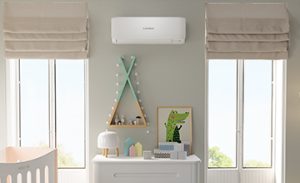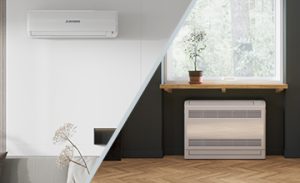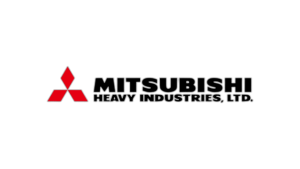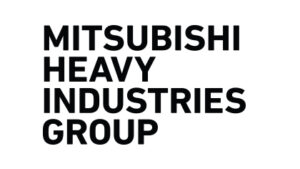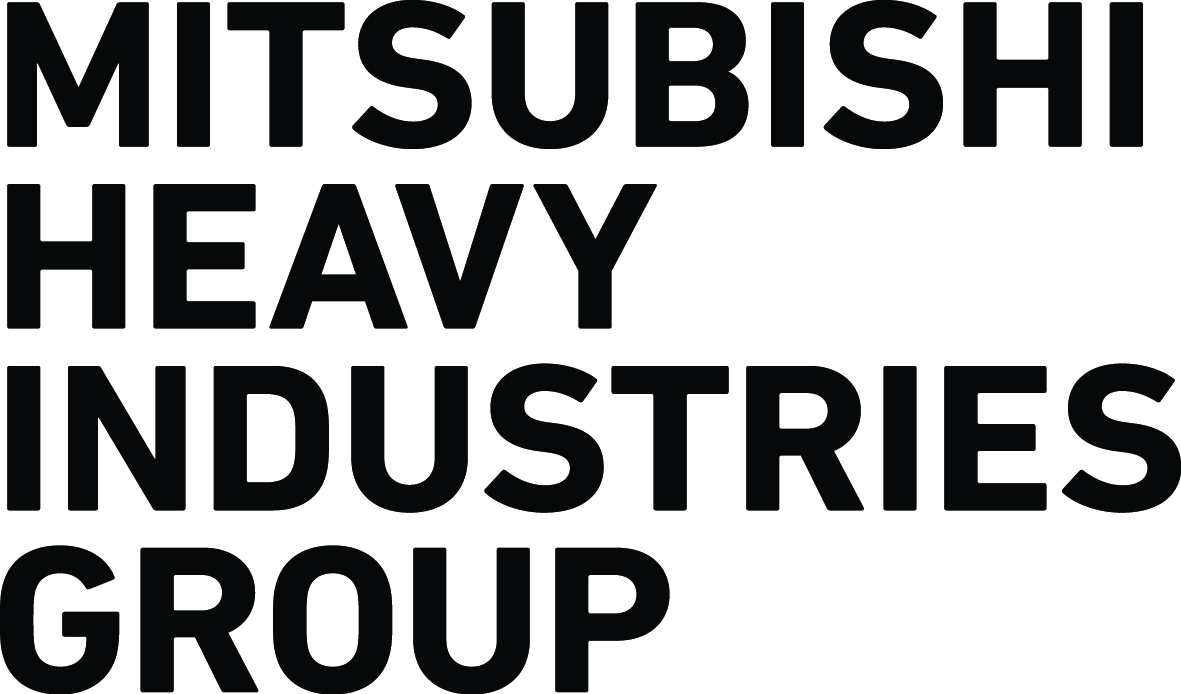MHI Technology Shows Potential to Remove and Deactivate Novel Coronavirus

Mitsubishi Heavy Industries Thermal Systems, Ltd. (MHI Thermal Systems), owner of Mitsubishi Heavy Industries Air-Conditioning Europe, Ltd., have confirmed its latest proprietary air purification technology has the ability to remove and inactivate the novel coronavirus (SARS-CoV-2).
The latest technology includes a proprietary air purification and an enzyme-urea formulation processor that exposes cells to UV-C LED (ultraviolet-C light-emitting diode) radiation to remove and inactivate airborne viruses. Holding the potential to remove and inactivate airborne viruses with a unique air filer trapping innovation.
The results show the ability to control the novel coronavirus by air purification – marking a significant step towards MHI Thermal Systems tackling the worldwide pandemic with its expert technology. Tests also confirm efficacy in removing and inactivating traces of the coronavirus through commissioned research from the Satoshi Omura Memorial Institute of Kitasato University, led by Professor Kazauhiko Katayama. Before launching to its worldwide markets, MHI Thermal Systems will continue the commissioned research to validate the effectiveness of its latest developments further.
Overview
MHI Thermal Systems’ enzyme-urea formulation has properties that fight bacteria, viruses and allergens, with validated efficacy against viruses such as influenza and polio. Under joint research with Kitasato University using tens of thousands of SARS-CoV-2 particles. Results confirm that almost all cells completely inactivate with the virus inactivation agent (urea and enzyme) contained in the MHI dust-collecting air filter. The tests further indicate that viral particles reduce almost entirely with an average inactivation rate of 60-minutes.
The UV-C LED has proven effectiveness against microbial contamination. To verify claims, scientists spread liquid holding tens of thousands of SARS-CoV-2 particles on a resin plate under a UV-C LED light. While performing the experiments in an airtight device for increased accuracy and control of the testing surface. The results confirm a high efficacy of inactivation and the ability to inactivate a significant percentage of the virus.
Having now confirmed the efficiency of its technology against the novel coronavirus, going forward MHI Thermal Systems will continue its collaboration with Professor Katayama’s research group. The partnership will work to increase the effectiveness and evidence towards MHI Thermal System products removing and inactivating airborne viruses.
In the years ahead, MHI Thermal Systems will continue to make social contributions through the ongoing development of technologies to fight bacteria and viruses, both during the current COVID pandemic and in the coming post-COVID era.
To view the full article, please click here


